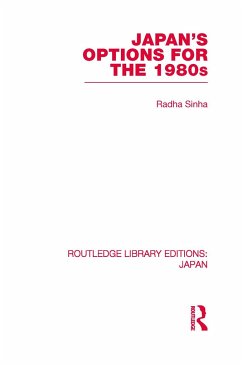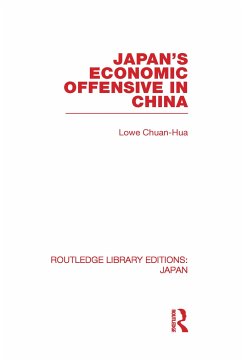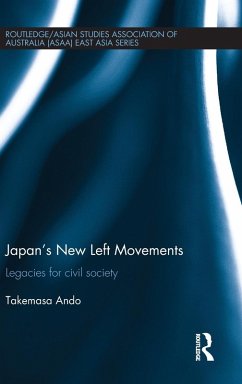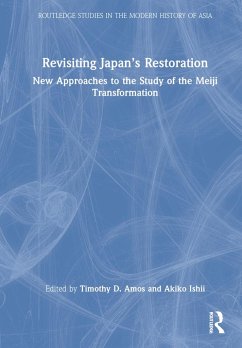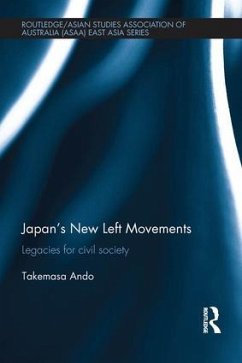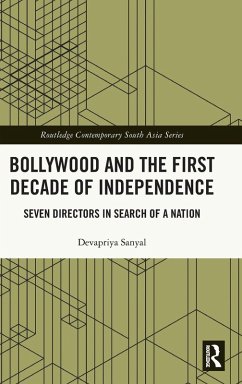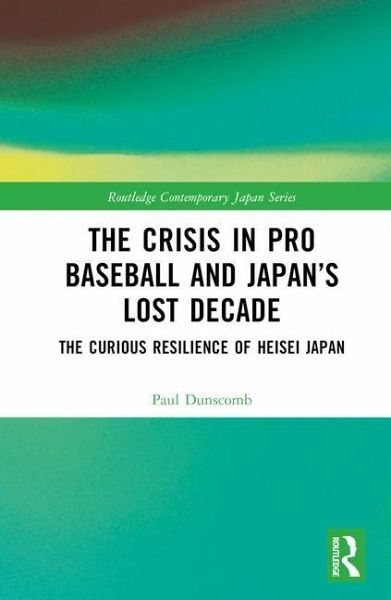
The Crisis in Pro Baseball and Japan's Lost Decade
The Curious Resilience of Heisei Japan
Versandkostenfrei!
Versandfertig in 1-2 Wochen
167,99 €
inkl. MwSt.
Weitere Ausgaben:

PAYBACK Punkte
84 °P sammeln!
This book examines Japan's Heisei era through the lens of the crisis in Japanese professional baseball of 2004, challenging the narrative of decline that dominates the discourse on the period. The story of this crisis reveals much about the Japanese psyche during the "Lost Decade," about the nature of change during Heisei Japan and of the nation's resilience. The business of professional baseball provides crucial insights as it achieved its basic form at the same time as Japan's postwar political economy, and shared many characteristics with it, including systemic inefficiencies that post-"bub...
This book examines Japan's Heisei era through the lens of the crisis in Japanese professional baseball of 2004, challenging the narrative of decline that dominates the discourse on the period. The story of this crisis reveals much about the Japanese psyche during the "Lost Decade," about the nature of change during Heisei Japan and of the nation's resilience. The business of professional baseball provides crucial insights as it achieved its basic form at the same time as Japan's postwar political economy, and shared many characteristics with it, including systemic inefficiencies that post-"bubble" Japan could no longer sustain. The book traces how the crisis unfolded and the cast of characters who appeared during it (including team owners, players, IT entrepreneurs and ordinary fans), revealing much about the push and pull of continuity and change in Japan. Featuring an in-depth analysis of the key participants and developments of the crisis in baseball, this book will be a valuable resource for students and scholars of sports management, Japanese history and Japanese culture, particularly of the Heisei era.





